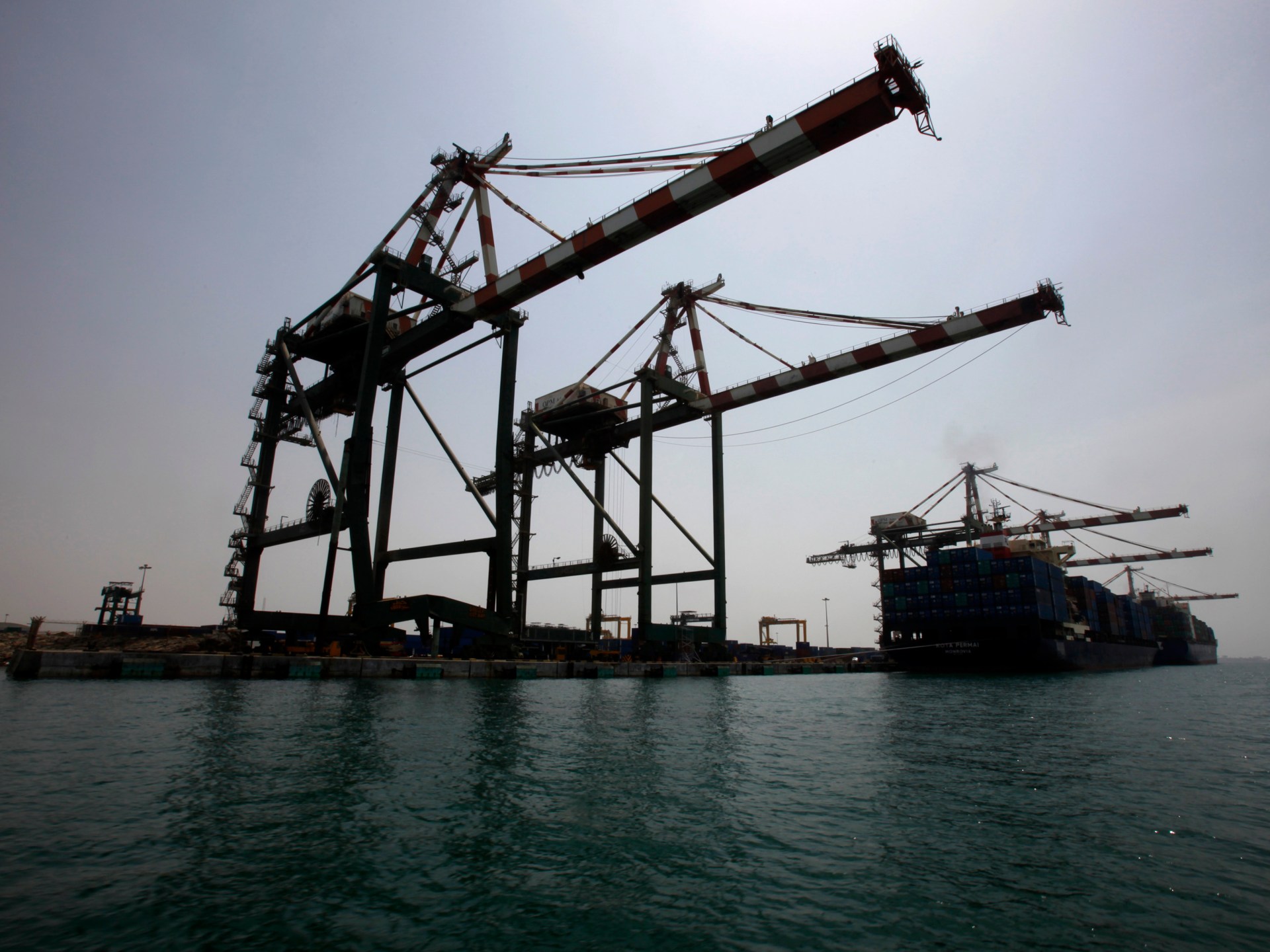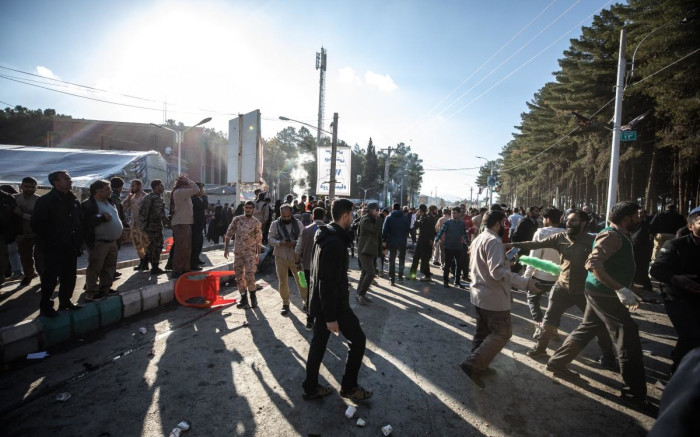
Liberian President George Weah conceded defeat in his bid for a second term on Friday evening after a close runoff against Joseph Boakai, a 78-year-old political veteran, in an election seen as a test of democracy in West Africa .
Mr. Boakai, who served as vice president for 12 years under former President Ellen Johnson Sirleaf, defeated Mr. Weah, a 57-year-old former soccer star, by a razor-thin margin.
The country’s National Election Commission did not declare a winner on Friday afternoon, but said that after more than 99 percent of ballots were counted, Mr. Boakai had 50.89 percent of the vote and Mr. Weah had 49.11 percent. It was the country’s closest election in two decades and a repeat of the 2017 election, when Mr Weah soundly defeated Mr Boakai.
Mr. Weah said in a radio address broadcast late Friday evening that although his party lost the election, “Liberia won.”
“This is a time for grace in defeat, a time to put our country over party and patriotism over personal interests,” he said.
His words marked a particularly peaceful transition of power at a time when many other West African countries were struggling a spate of coupsaging leaders clinging to power and elections plagued by allegations of vote-rigging.
In Nigeria and in Sierra Leone, independent observers have expressed doubts about the results of this year’s presidential election. In Niger And GuineaJuntas rule despite international efforts Restore civil governmentS.
This is the first time since the early 20th century that a sitting president of Liberia was not re-elected after one term. The swearing-in ceremony is scheduled for January.
The ChoiceFirst took place on October 10th Tuesday’s runoff election was the first conducted solely by Liberian authorities without international funding or support since the country emerged from a ruinous civil war in 2003.
Mr. Boakai plans to speak publicly on Saturday, his spokesman said. The candidate told Reuters on Friday evening: “First and foremost we want to convey a message of peace and reconciliation.”
The presidential campaign has centered on allegations that Mr. Weah tolerated corruption in government circles and failed to create jobs and development despite the country’s post-pandemic economic recovery.
A voter in the capital Monrovia said he voted for Mr Boakai because he promised to tackle drug abuse and corruption.
“It is unthinkable that young people become addicted to drugs and the president has no idea how to address it,” said voter MacPherson Darweh, 45.
Mr. Weah “has no sense of belonging and doesn’t even know how the country is governed and run,” Mr. Darweh said. “He still thinks he’s a football player running around town.”
Liberia, a country of 5.5 million people, declared independence in the 19th century – a century before most African countries – and had a democratic political system modeled on that of the United States.
But from 1989 to 2003, the country was rocked by civil wars that killed around 250,000 people.
The Ebola epidemic between 2013 and 2016 also killed thousands, leaving the country in a precarious state and prompting the United Nations to take over organizing the country’s elections – until this year.
Liberia’s economy grew by 4.8 percent in 2022, according to the World Bank, largely due to mining and a relatively good agricultural harvest. But more than 80 percent of the population is affected by food insecurity, the World Bank said in Julyand the prices of basic foodstuffs and fuel have has skyrocketed in the last yearwith over half of Liberians live below the poverty linefor $1.90 per day.
A team of observers from the Economic Community of West African States congratulated Liberians on Wednesday on “the largely peaceful conduct of the elections so far.” The European Union said in a statement that the runoff election on Tuesday was “quiet” and “well organized” and that there were “organizational improvements” compared to the first round.
Police in riot gear patrolled the streets of Monrovia, the Liberian capital, during voting, while poll workers counted ballots using lamps and flashlights late into the night as the country experienced frequent power outages.
Mr Weah and Mr Boakai were almost neck-and-neck in the first round of voting, with neither of them surpassing the 50 percent threshold required to be declared the overall winner. Mr Weah had a slim lead of just over 7,000 votes.
Mr. Boakai, a political veteran in Liberia, was agriculture minister in the 1980s and director of Liberia’s state-owned oil refinery in 1992, when civil war raged. Although he was not involved in any corruption scandals, as vice president his critics accused him of turning a blind eye to government corruption.
He appeared to gain traction in this year’s election by portraying himself as a safe pair who could steer the country in a new direction. He focused on grievances over Mr. Weah’s rule, criticizing his opponent for his lavish lifestyle and for being out of touch with Liberian society.
But Mr. Boakai’s opponents focused on the fact that he was nearly 80 years old and nicknamed him “Sleepy Joe” and accused him of taking a nap during a public event.
The election was a repeat of the 2017 vote when Mr Weah defeated Mr Boakai by a relatively large margin and capitalized on it his status as a sports superstar and political outsider who claimed he could improve the lives of ordinary Liberians.
Last time around, Mr Weah’s story of his rise to the top of world football after growing up in a slum in Liberia struck a chord with young people in a country where 60 per cent of the population is under 25.
But his image as an advocate for the poor collapsed under the weight of corruption scandals, the failure to address the drug crisis and the soaring cost of living. Under his administration, Liberia fell 20 places a corruption index compiled by Transparency Internationall, ranked 142nd out of 180 countries last year.
Last year the US Treasury Department imposed sanctions on three Liberian officials, including Mr Weah’s chief of staff Nathaniel McGill. An investigation promised by Mr Weah has so far failed to materialise.






Recent Comments